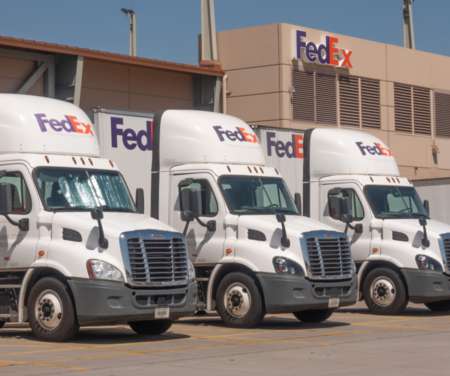PepsiCo’s Massive, Complex, and Difficult Greenhouse Gas Initiative
Logistics Viewpoints
NOVEMBER 21, 2022
The multinational’s goal is to achieve net zero GHG emissions across their value chain by 2040. PepsiCo’s Internal Supply Chain. PepsiCo has an enormous and complex supply chain. 294 manufacturing facilities produced more than 90 million metric tons of food and beverage in 2021.
















Let's personalize your content